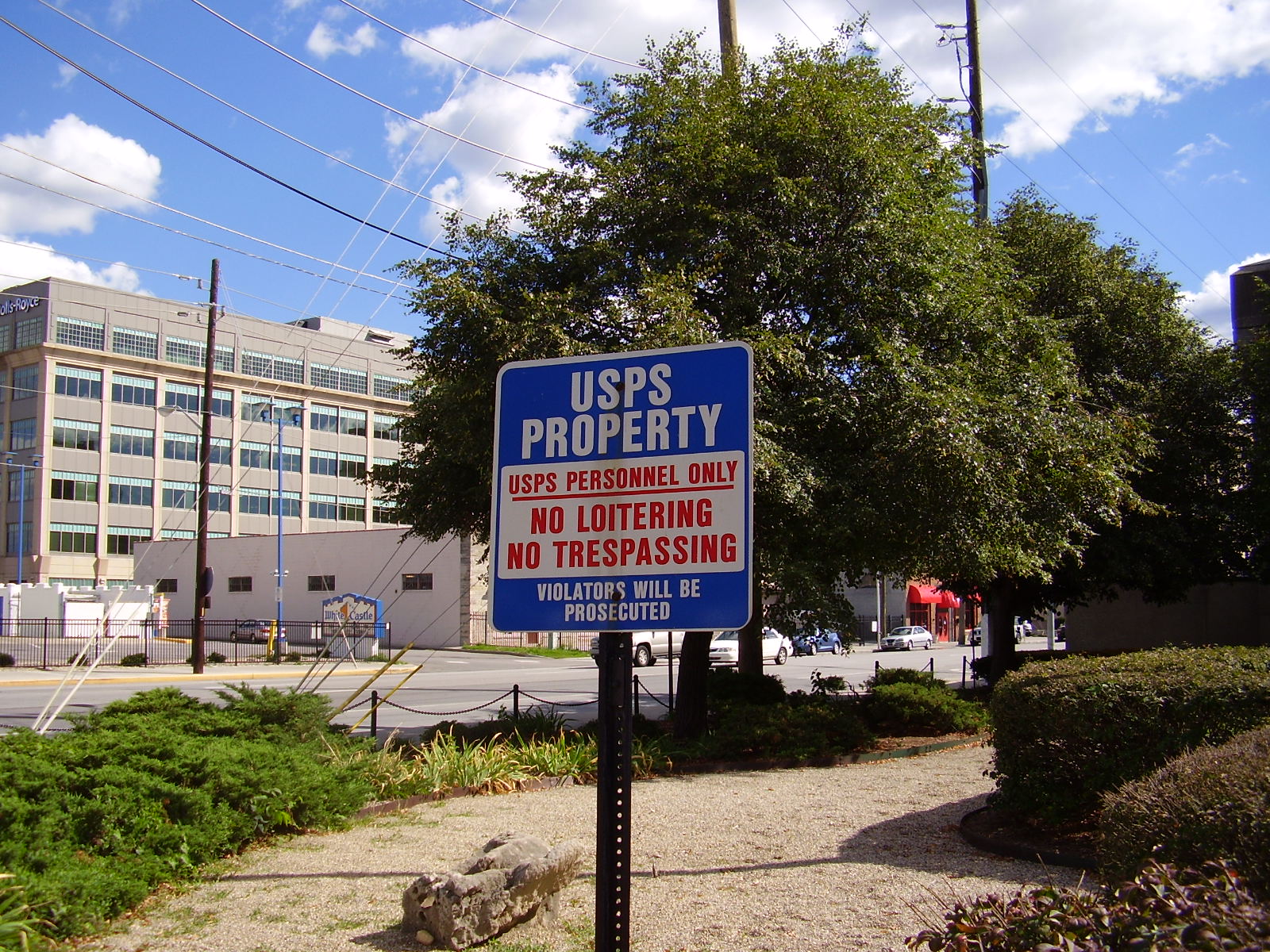It depends what you're doing, where you're doing it, and (from personal experience) whether you look like a member of $racial_minority.
The loitering laws are in place so that the police can ask you for ID if they think you may be doing something illegal. For example, someone "loitering" on a parking lot can be looking for cars to break into. However, if you're stopped by an officer in the parking lot, show them your ID, and then tell them that you're looking for your car because you're not used to such immense parking lots, not only will all be fine, they may even help you figure out where you parked.
A Florida lawyer explains that
You can charged with loitering or prowling, if you are in a place and at a time where normal, law-abiding citizens are not commonly found and which could be construed as posing a threat to property or to others. If you are discovered by a police officer who asks you to identify yourself and you refuse, or you try to conceal your presence, or you immediately flee the scene, the officer may have grounds to charge you with loitering since you did not adequately justify your presence at the location.
Thus, as long as you can identify yourself, you should do fine as a tourist, since you can always justify your presence with "I'm so glad to see you, officer. I'm totally lost". Note that won't work quite as well if you're in a tent where they don't want you to be camping

